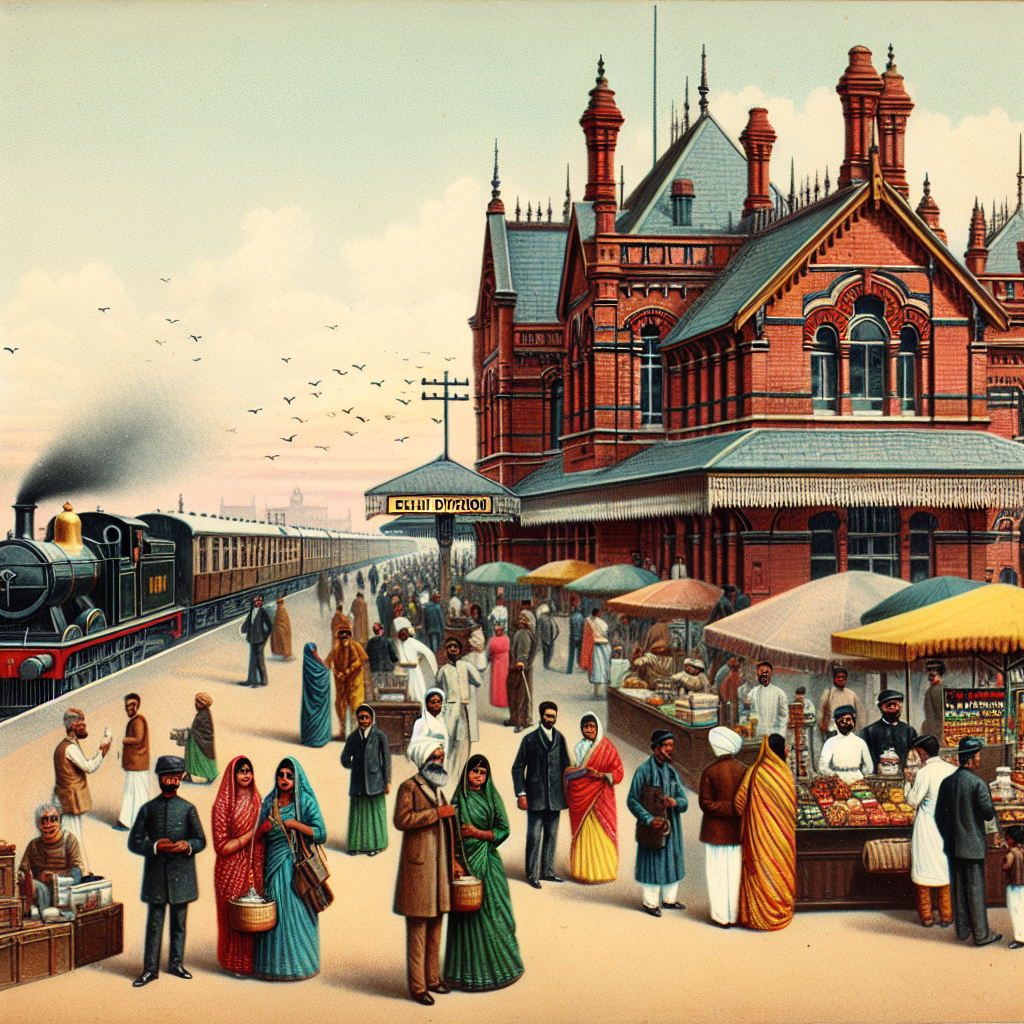Delhi's Diwali Dilemma: Pollution Peaks Amidst Firecracker Debate
New Delhi claimed the title of the world's most polluted city following Diwali celebrations, where firecracker use contributed to hazardous air quality despite bans. The city's smoggy condition, worsened by burning farm waste, puts the spotlight on enforcement challenges faced by local authorities.

New Delhi emerged as the world's most polluted city on Friday, following Diwali celebrations that saw individuals defy a ban on firecrackers. The Hindu festival of lights resulted in air quality reaching hazardous levels.
The city's pollution index hit 348 according to Swiss firm IQ Air, placing it as the most polluted globally. Despite local government bans aligned with Supreme Court directives, enforcement remains difficult as demonstrated by Thursday's celebrations.
Some Hindu groups argue that the ban impacts festival observance, but the Delhi government defends it as necessary for public health. The smog, exacerbated by waste burning on northern Indian farms, presents a challenging start to winter in New Delhi.
(With inputs from agencies.)
- READ MORE ON:
- Delhi
- Diwali
- pollution
- firecrackers
- Hindu festival
- air quality
- smog
- IQ Air
- enforcement
- Hindu groups
ALSO READ
Lahore and Islamabad Tackle Smog with Stringent Measures
Delhi Chokes: Air Quality Hits 'Severe' Mark
Pollusense: Revolutionizing Air Quality Monitoring with Oizom's Portable Innovation
Pakistan's Air Quality Crisis: Experts Demand Immediate Action
Lahore's Battle Against Toxic Smog: A Crisis Visible from Space










